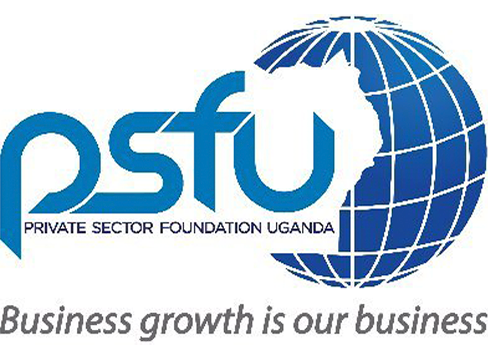BLOG: Bright Minds, Brighter Future: Embracing Energy Efficiency in Education.
August 09, 2024
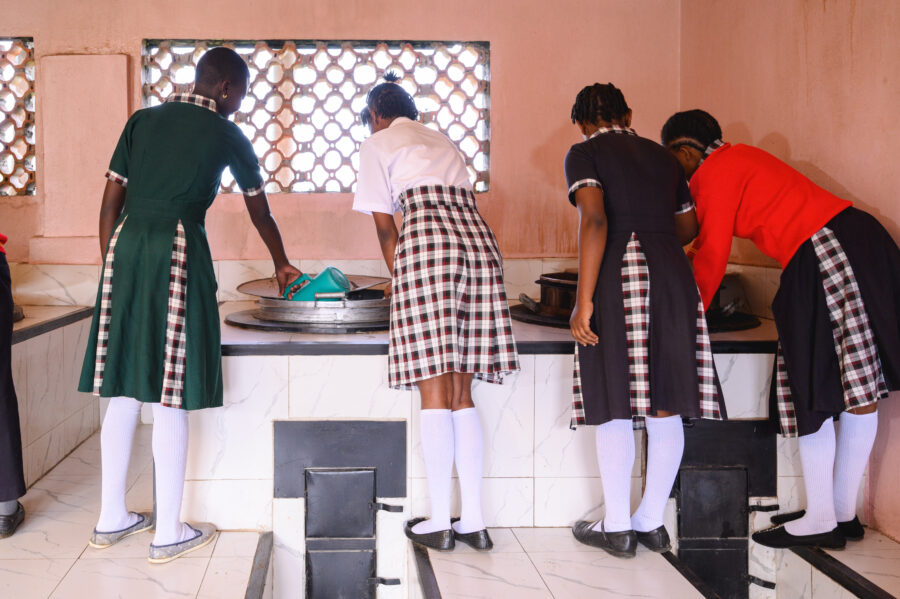
Atop the lush, rolling hills of the Kabarole district in western Uganda, St. Lucia High School stands as an infrastructural beacon of modern education within a rural setting. Established in 2015, the school has grappled with the challenges associated with traditional cooking methods for years. The use of firewood and charcoal at St. Lucia High School has compromised air quality, subjecting the cooking staff and students to harmful indoor air pollution. Consequently, those spending extended periods in smoky kitchens face increased respiratory and cardiovascular health risks.
Uganda’s cooking energy sector has long relied on biomass (94%) as the primary energy source. Today, many Ugandan schools still rely on charcoal and firewood to cook meals in bulk, and more than 44 million Ugandans lack access to clean cooking solutions, fueling deforestation. This reliance on fossil fuels as a significant energy source is often too expensive. The January 2024 Consumer Price Index from the Uganda Bureau of Statistics indicates firewood prices increased by 9.4% in January 2024 compared to 7.3% in December 2023.
“Initially, we required six firewood trucks per term, each costing UGX 450,000 (€110). This resulted in a total termly energy cost of UGX2.7 million ( 662),” recalled Lucia Alinda, 49, the school director.
If this was to be adopted by the different schools in Uganda that meet their cooking needs using firewood and charcoal, it would save the environment a great deal.
In 2023, St. Lucia High School partnered with the SNV Inclusive Markets for Energy Efficiency in Uganda (IMEU) project to address this issue. St. Lucia installed four institutional cookstoves and a solar water pump through part-sharing costs with IMEU in December 2023. This initiative aimed to reduce energy costs, enhance nutrition, and improve the community’s overall well-being, benefiting its students. “With the IMEU project’s support, we reduced the number of [firewood] trucks from six to two, reducing our energy costs to UGX900,000 (€220) per term,” said Alinda, noting that these savings have freed up funds for school development.
With the energy-efficient stoves, staff spend less time cooking daily, minimising their exposure to heat and smoke. The transition increased the school kitchen’s productivity and efficiency, creating a safe and comfortable working environment.
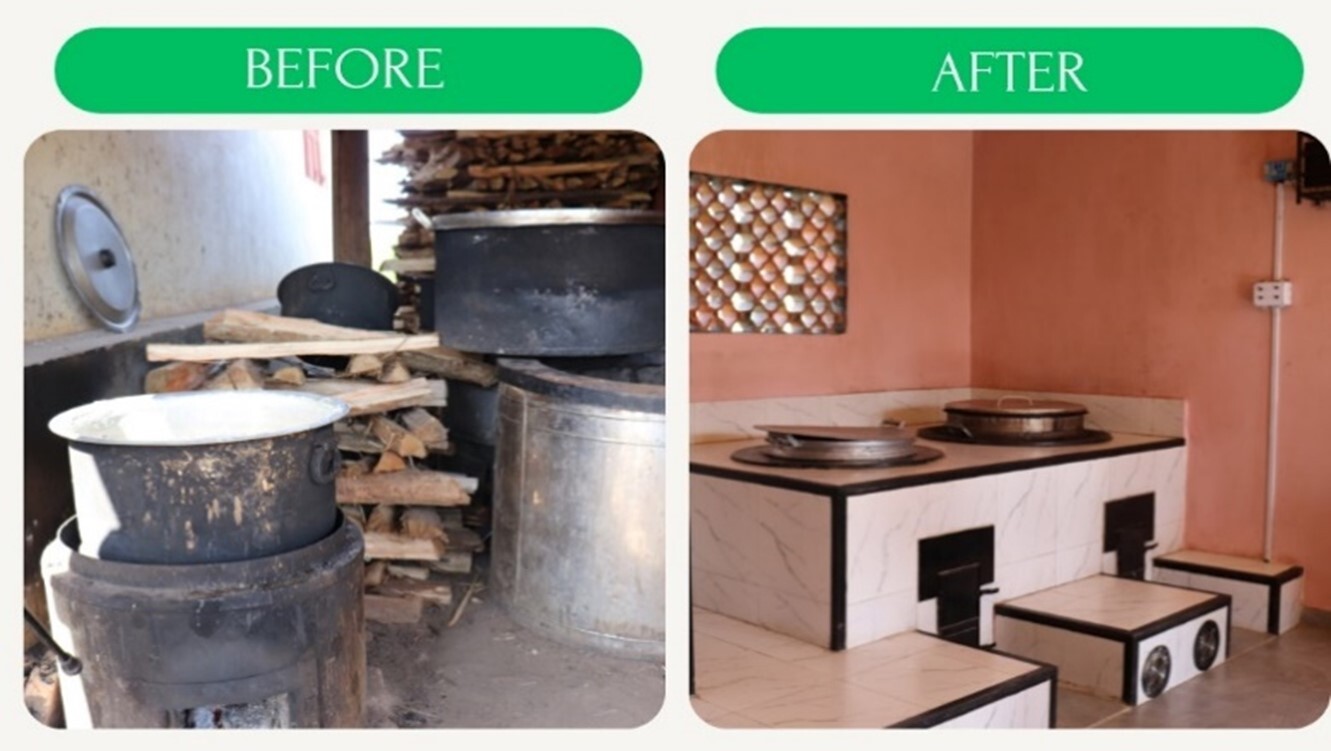
“With the traditional cookstoves, I had to wake up as early as 3:30 to 4:30 a.m. to begin cooking and ensure that students received their meals on time,” recalled John Muhindo, the school chef. Now, with the clean cookstoves, I can start my day at 6:00 a.m., feeling well-rested, and the school meals are ready on schedule. ” The cookstoves harness the heat-retaining properties of volcanic rocks to improve cooking efficiency and reduce the kitchen’s dependency on traditional fuels (firewood and charcoal). They are designed with a chamber where the volcanic rocks and firewood are placed, and the fire is lit.
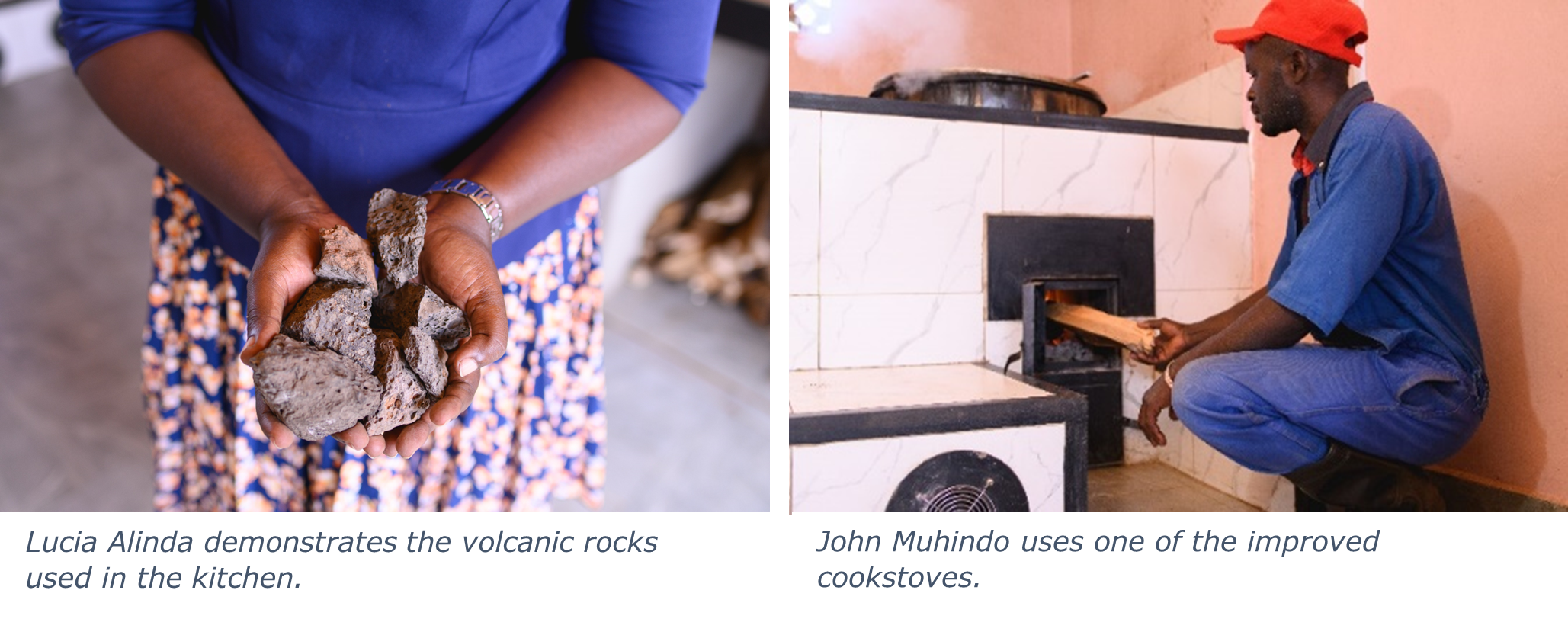
Furthermore, IMEU supported the school’s transition to solar-powered water pumping, providing environmental and cost-friendly benefits. The solar water pump converts sunlight directly into power for pumping water and produces no greenhouse gas emissions during operation; the switch to solar contributes to reducing the school’s carbon footprint, targeting a reduction of approximately 17.3 tonnes of CO2 equivalent in carbon emissions.
Mrs. Alinda added that the school will receive long-term savings from installing the solar-powered pump. “Our school has reduced its dependence on the National Water and Sewerage Corporation for water supply. This change has led to considerable cost savings on water bills and a noticeable improvement in water quality.”
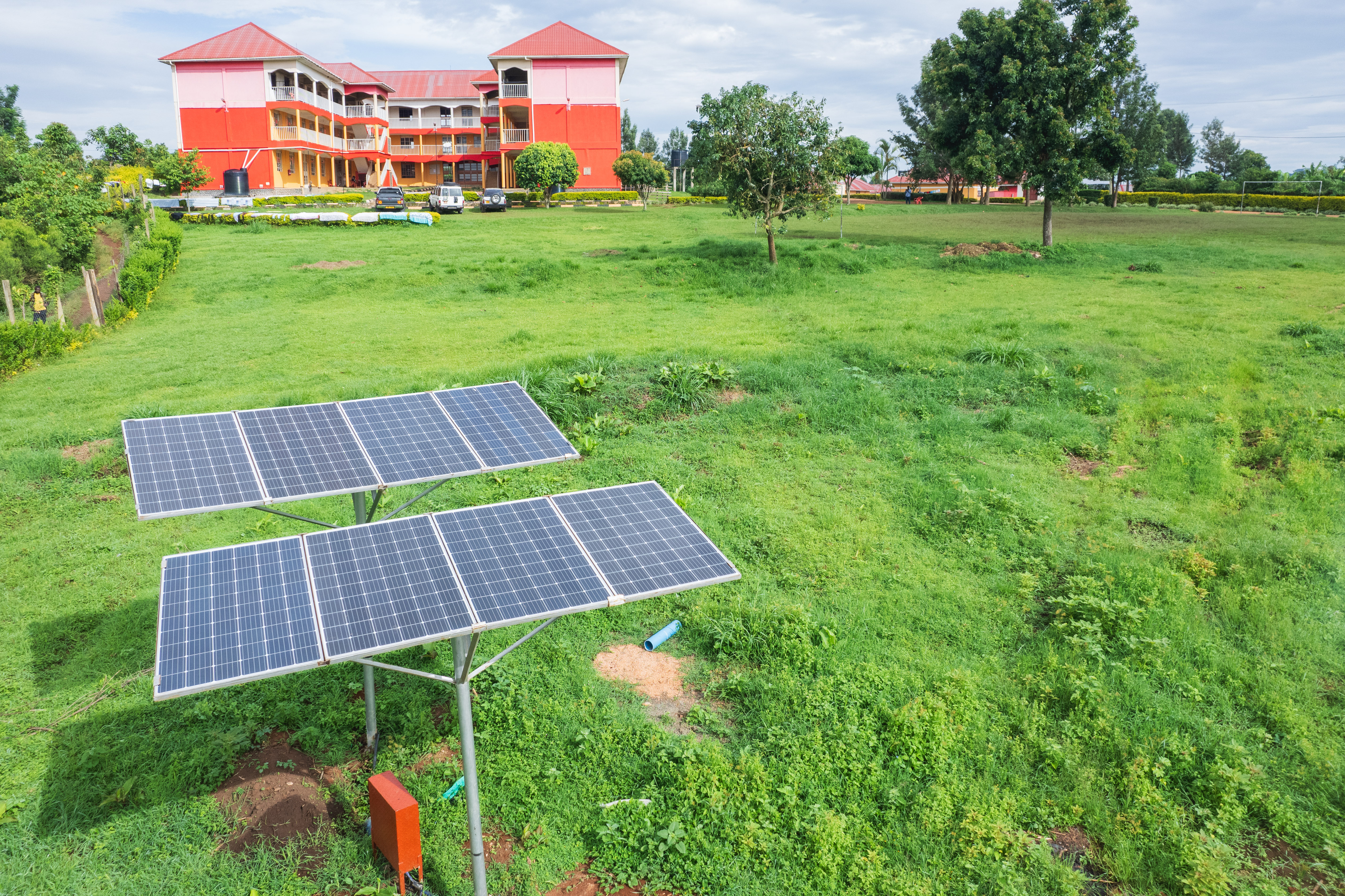
St Lucia’s inspiring journey is proof of the tangible impact of energy-efficient cooking on school communities. Through collaboration with the IMEU project, St. Lucia High School transitioned to cleaner cooking and reduced its energy costs by 66%. In addition, the project’s support also facilitated the school’s transition to solar-powered water pumping, reducing their water bills. This transformation sets a positive example of how schools can positively impact their communities.
By Denise Mpanga, Communications Officer, SNV in Uganda




